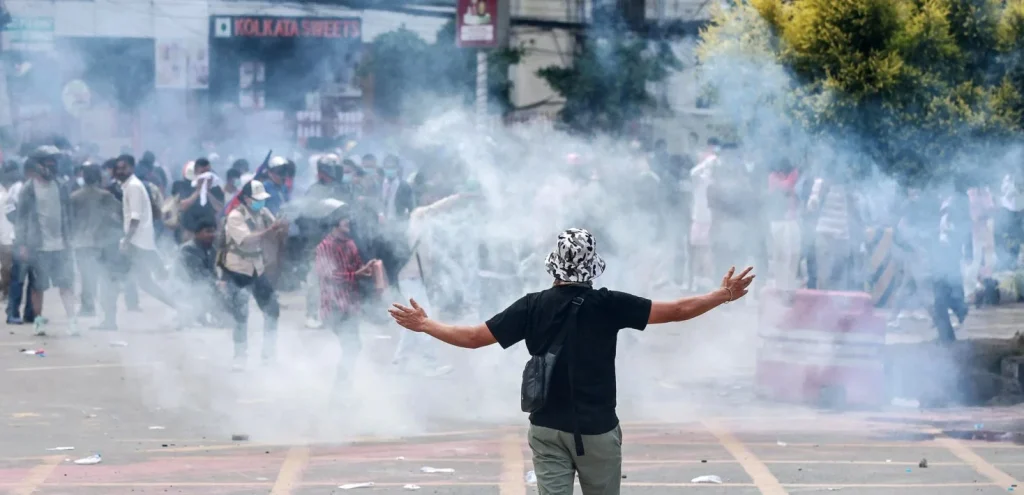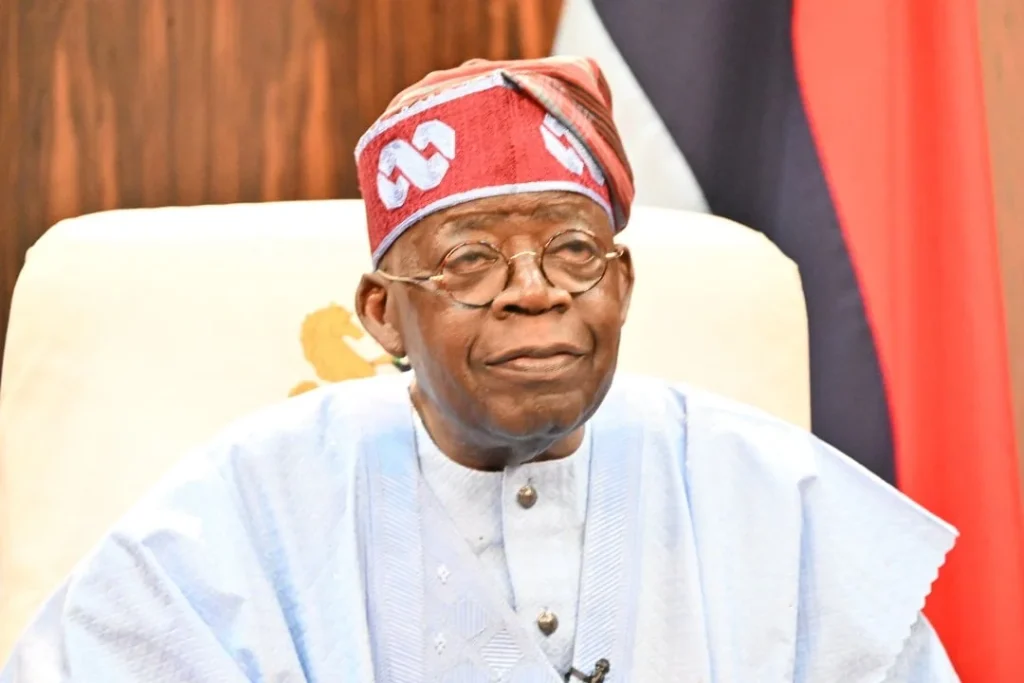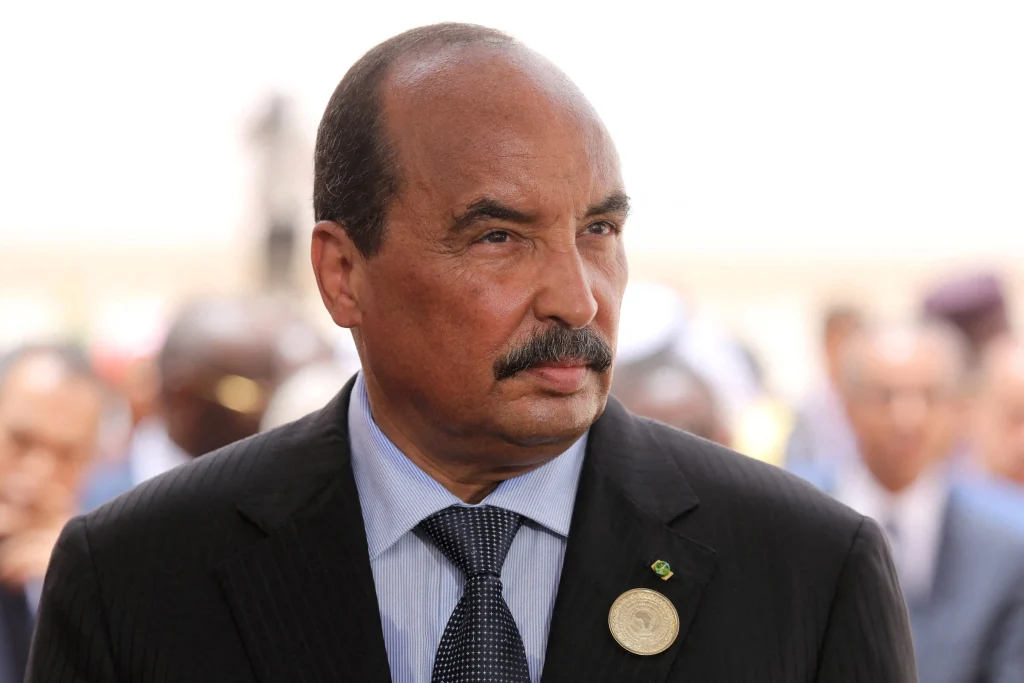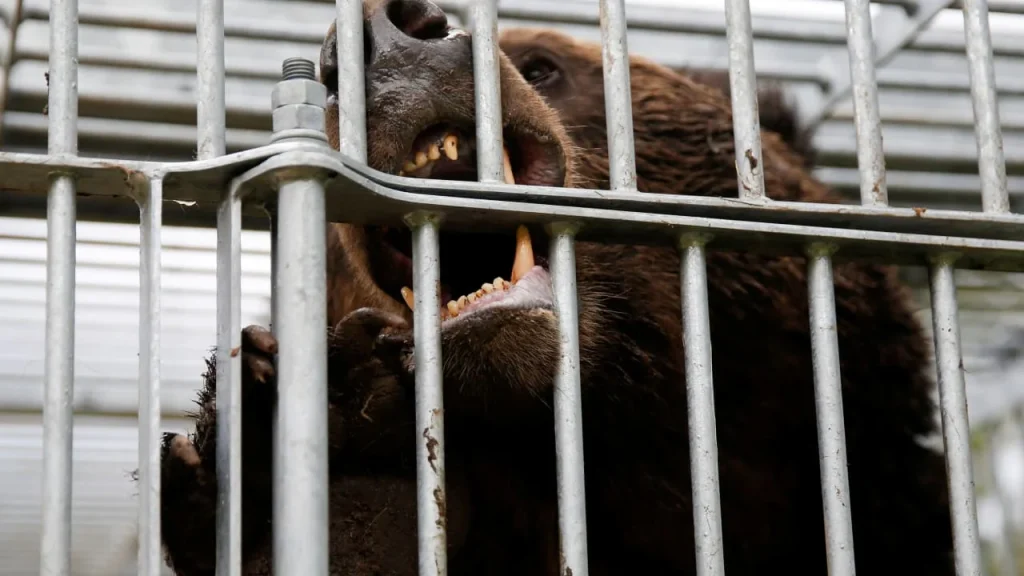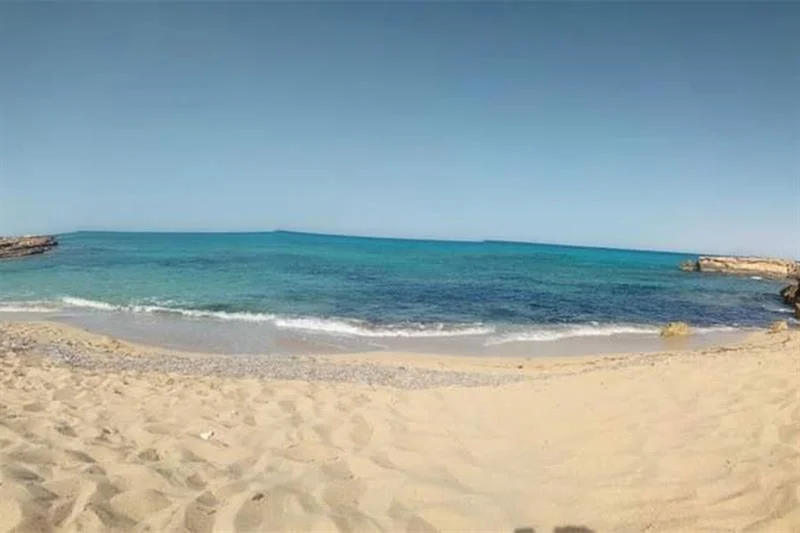The United Nations on September 8, 2025, demanded a quick and open investigation into claims that Nepal police fired on protesters in Kathmandu, killing at least 17.
The protests erupted over a government ban on social media platforms.
Deadly Clashes in Kathmandu
Thousands of young Nepalis, mostly from Generation Z, marched in Kathmandu to protest the government’s ban on 26 social media platforms, including Facebook, YouTube, and X.
The ban, effective since September 5, 2025, targeted platforms that failed to register with authorities.
Protesters tried to enter a restricted area near Nepal’s parliament, pushing through barbed wire. Police responded with rubber bullets, tear gas, water cannons, and batons. A police spokesperson reported 17 deaths, while Amnesty International and some protesters claimed live ammunition was used.
UN Calls for Accountability
UN human rights office spokesperson Ravina Shamdasani expressed shock at the deaths and injuries.
“We’re deeply concerned about reports of excessive force by security forces,” she said in a statement.
She urged Nepal to ensure a transparent investigation and respect the rights to peaceful protest and free speech.
Shamdasani emphasized that police must follow rules on using force. She also called for Nepal to rethink its social media regulations to align with human rights standards.
A Lively Democracy in Crisis
“Nepal has a vibrant democracy and active civic space,” Shamdasani noted. “Dialogue, not violence, is the best way to address these concerns.”
The UN encouraged open talks to resolve tensions and urged authorities to protect protesters’ rights.
Why the Protests Happened
The protests followed the government’s sudden ban on unregistered social media platforms, which sparked anger among young people who rely on these platforms for communication, news, and business.
The demonstrations also highlighted broader frustration with government corruption, with slogans like “Stop corruption, not social media.”
What’s Next?
The UN’s call for an investigation puts pressure on Nepal’s government to act transparently. With tensions high, the focus is on whether authorities will engage in dialogue or face further unrest.
The situation remains a test for Nepal’s commitment to democratic values.

